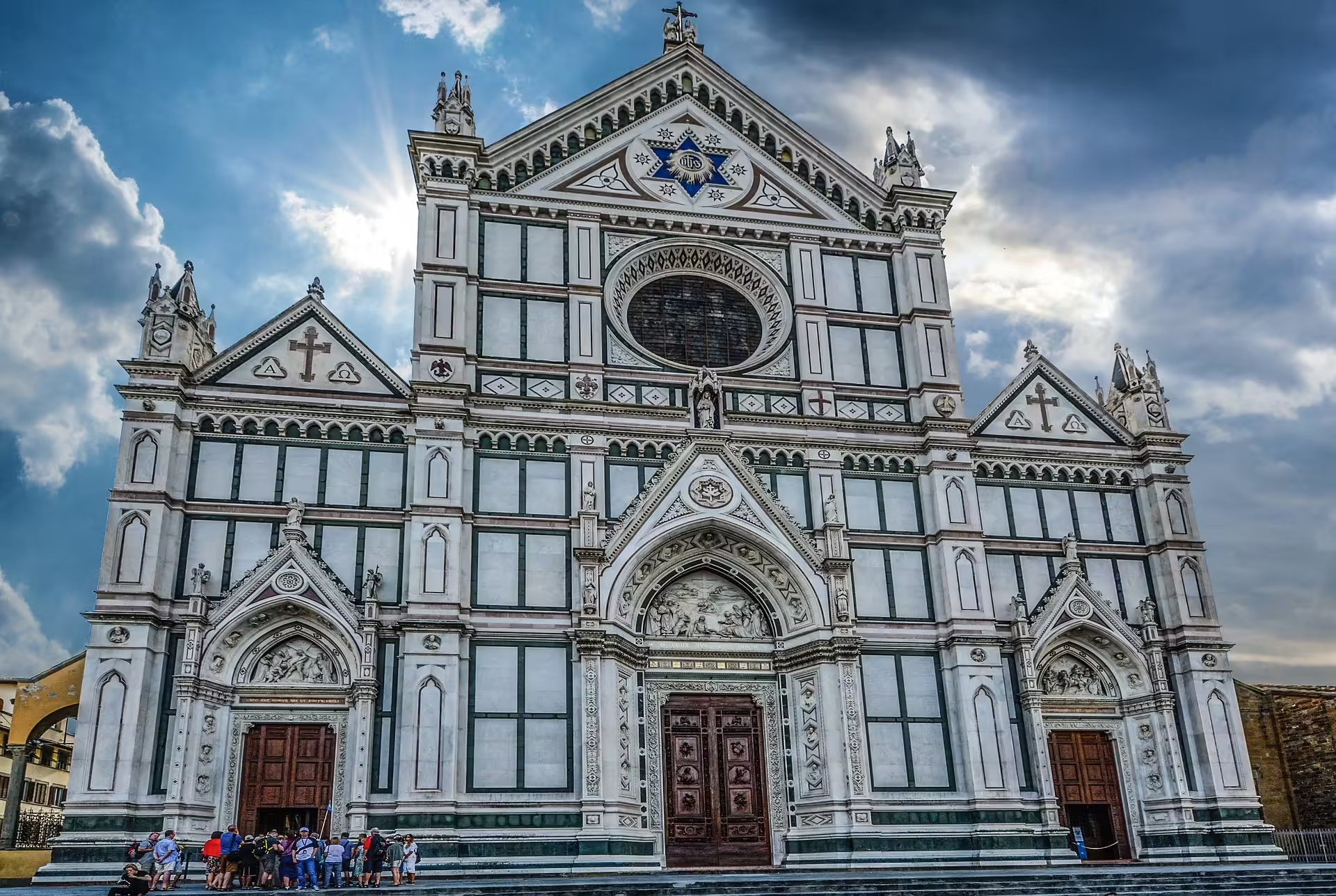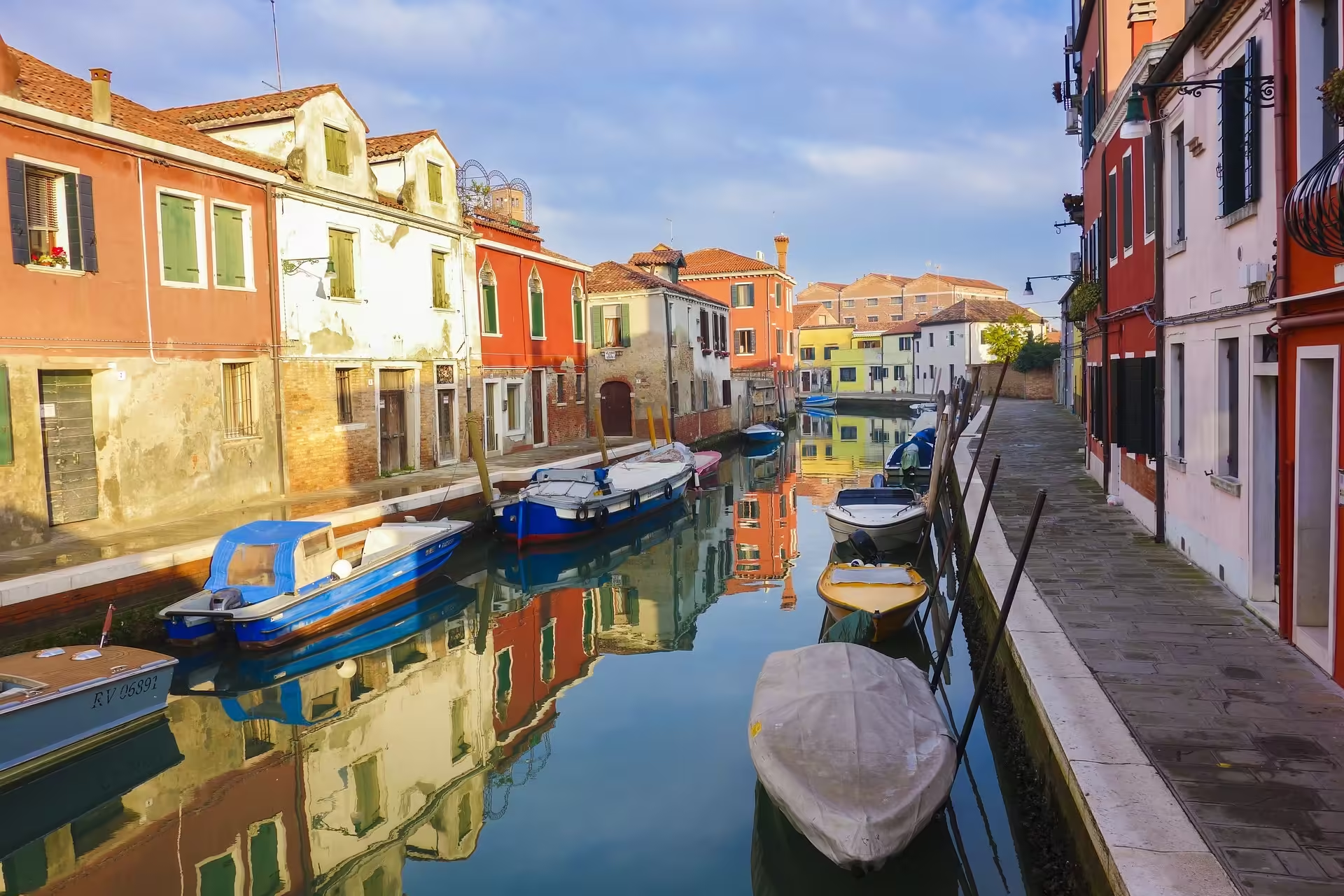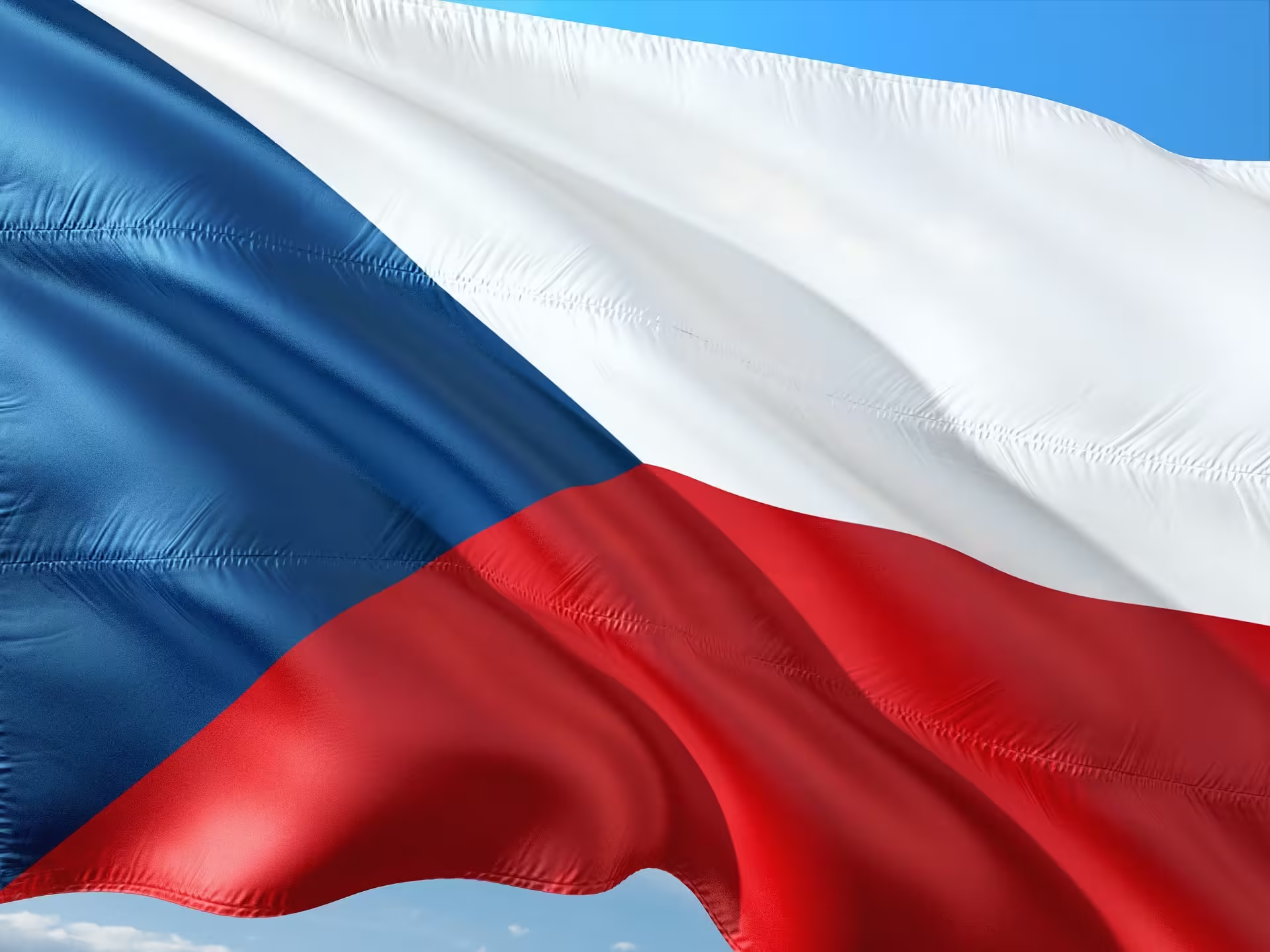Introduction
The Algarve, Portugal’s southernmost region, is renowned for its stunning coastline, picturesque beaches, rich cultural heritage, and warm Mediterranean climate. This comprehensive travel guide invites you to explore the diverse landscapes, vibrant cities, charming villages, and unique experiences that make the Algarve a beloved destination for travelers from around the world.
1: Introduction to the Algarve
1.1 Overview of the Region
The Algarve spans approximately 5,000 square kilometers along Portugal’s southern coast, bordered by the Atlantic Ocean to the south and west. It is divided into three distinct geographical areas: the Eastern Algarve, Central Algarve, and Western Algarve, each offering its own unique attractions and landscapes.
- Eastern Algarve: Known for its tranquil beaches, nature reserves, and traditional fishing villages.
- Central Algarve: Home to bustling resort towns, championship golf courses, and lively nightlife.
- Western Algarve: Characterized by rugged cliffs, secluded coves, and historic towns steeped in maritime history.
1.2 Historical and Cultural Significance
The Algarve boasts a rich history shaped by Phoenician, Roman, Moorish, and Christian influences. Its strategic location along trade routes and its natural resources have contributed to its cultural diversity and architectural heritage.
- Moorish Influence: The Moorish occupation left a lasting imprint on the Algarve’s architecture, cuisine, and irrigation systems.
- Maritime History: Historic ports such as Lagos and Portimão played crucial roles during the Age of Discovery, with explorers departing from these shores to chart new territories.
2: Getting to the Algarve
2.1 Transportation Options
Traveling to the Algarve is convenient, with multiple transportation options available from major cities such as Lisbon and Faro.
- By Air: Faro Airport serves as the main gateway to the Algarve, offering domestic and international flights. Lisbon Airport also provides connections to Faro.
- By Train: The train network connects Lisbon to Faro and other Algarve towns, offering scenic views of the countryside.
- By Car: Renting a car allows for flexibility in exploring the region’s coastal roads and rural villages. The A22 motorway (Via do Infante) provides quick access to major towns.
2.2 Best Time to Visit
The Algarve enjoys a Mediterranean climate, characterized by hot summers and mild winters, making it a year-round destination.
- Summer (June to August): Ideal for beachgoers and water sports enthusiasts, with temperatures ranging from 25°C to 35°C (77°F to 95°F).
- Spring (March to May): Mild temperatures and blooming flora make it perfect for outdoor activities and exploring cultural sites.
- Autumn (September to November): Warm weather continues, and the sea remains inviting for swimming. Harvest festivals showcase local traditions and cuisine.
- Winter (December to February): Mild temperatures attract visitors seeking a quieter experience. Some restaurants and attractions may have reduced hours.
3: Exploring the Algarve Coastline
3.1 Beaches and Coastal Towns
The Algarve is famed for its pristine beaches, ranging from secluded coves to bustling resort areas.
- Praia da Marinha: Often featured among the world’s top beaches, Praia da Marinha boasts turquoise waters and dramatic limestone cliffs.
- Albufeira: A popular resort town with vibrant nightlife, sandy beaches, and a charming historic center.
- Lagos: Known for its golden sands, picturesque cliffs, and historical landmarks such as Ponta da Piedade.
3.2 Natural Parks and Conservation Areas
The Algarve’s natural beauty extends beyond its beaches, encompassing diverse ecosystems and protected areas.
- Ria Formosa Natural Park: A haven for birdwatching and marine life, with salt marshes, lagoons, and barrier islands.
- Costa Vicentina Natural Park: Located along the western coast, this park features rugged cliffs, sandy beaches, and hiking trails.
- Monchique Mountains: Inland, the Monchique Mountains offer scenic vistas, thermal springs, and opportunities for hiking and birdwatching.
4: Cultural Heritage and Historical Sites
4.1 Historic Towns and Landmarks
Explore the Algarve’s rich history through its well-preserved towns, castles, and archaeological sites.
- Tavira: Known for its Roman bridge, Moorish castle, and traditional Portuguese architecture.
- Silves: A former Moorish capital with a red stone castle, cathedral, and archaeological museum.
- Sagres: Historical significance as a maritime exploration center, with Fortaleza de Sagres offering panoramic views.
4.2 Culinary Traditions
Sample traditional Algarvian cuisine, influenced by Mediterranean flavors and fresh local ingredients.
- Seafood and Fresh Fish: Enjoy grilled sardines, octopus salad, or cataplana (seafood stew) at seaside restaurants.
- Algarvian Cataplana: A signature dish prepared in a copper clam-shaped pot, combining seafood, vegetables, and spices.
- Pastéis de Nata: Indulge in these creamy custard tarts, a favorite Portuguese pastry.
5: Outdoor Activities and Adventure
5.1 Water Sports and Activities
The Algarve’s coastal waters are ideal for surfing, sailing, snorkeling, and dolphin watching.
- Surfing: Popular surf spots include Praia do Amado and Arrifana, offering waves suitable for all skill levels.
- Boat Tours: Explore sea caves and grottoes along the coastline, departing from Lagos, Albufeira, and Portimão.
- Dolphin Watching: Embark on a boat excursion to observe dolphins in their natural habitat, with tours available year-round.
5.2 Golf and Outdoor Pursuits
Golf enthusiasts can tee off at championship courses set against scenic backdrops.
- Vilamoura: A golfing mecca with several renowned courses, including Victoria Golf Course and Old Course.
- Hiking and Cycling: Discover inland trails through cork oak forests, vineyards, and rural villages. The Via Algarviana offers a long-distance hiking route.
6: Festivals and Events
6.1 Cultural Celebrations
Experience local traditions and festivities that showcase the Algarve’s cultural diversity and heritage.
- Festival do Marisco: Held in Olhão, this seafood festival celebrates fresh seafood with music, dancing, and culinary competitions.
- Medieval Fair of Silves: Step back in time to medieval Portugal with jousting tournaments, craft markets, and period costumes.
6.2 Music and Arts Festivals
The Algarve hosts a variety of music festivals, attracting international artists and performers.
- Festival F: A summer music festival held in Faro, featuring indie, rock, and electronic music acts.
- Loulé Carnival: One of the largest carnivals in Portugal, with parades, masked balls, and street performances.
7: Practical Tips for Traveling in the Algarve
7.1 Accommodation Options
Choose from luxury resorts, boutique hotels, beachfront villas, and family-friendly apartments across the Algarve.
- Albufeira: A bustling resort town with accommodations ranging from all-inclusive resorts to budget-friendly guesthouses.
- Lagos: Quaint guesthouses, boutique hotels, and eco-lodges near beaches and historical sites.
- Tavira: Charming pousadas and vacation rentals in the historic town center and along the Ria Formosa.
7.2 Local Cuisine and Dining
Explore traditional eateries, seafood restaurants, and beachside cafes that offer Algarvian specialties.
- Adega: Traditional taverns serving petiscos (small plates), grilled meats, and regional wines.
- Mercados: Visit local markets in Faro, Loulé, and Lagos to sample fresh produce, cheeses, and pastries.
7.3 Safety and Travel Tips
Enjoy a safe and enjoyable trip to the Algarve with practical advice on local customs, transportation, and health.
- Emergency Contacts: Familiarize yourself with emergency numbers and healthcare facilities in Faro, Lagos, and other major towns.
- Travel Insurance: Consider travel insurance that covers medical emergencies, trip cancellations, and lost luggage.
- Local Etiquette: Respect cultural norms and greet locals with “bom dia” (good morning) and “obrigado” (thank you) in Portuguese.
Conclusion
The Algarve offers a myriad of experiences, from sun-soaked beaches and outdoor adventures to cultural heritage and culinary delights. Whether you’re seeking relaxation, exploration, or immersion in local traditions, the Algarve promises a memorable journey. Plan your visit to this enchanting region and discover why it continues to captivate travelers seeking the best of Portugal’s southern coast.






